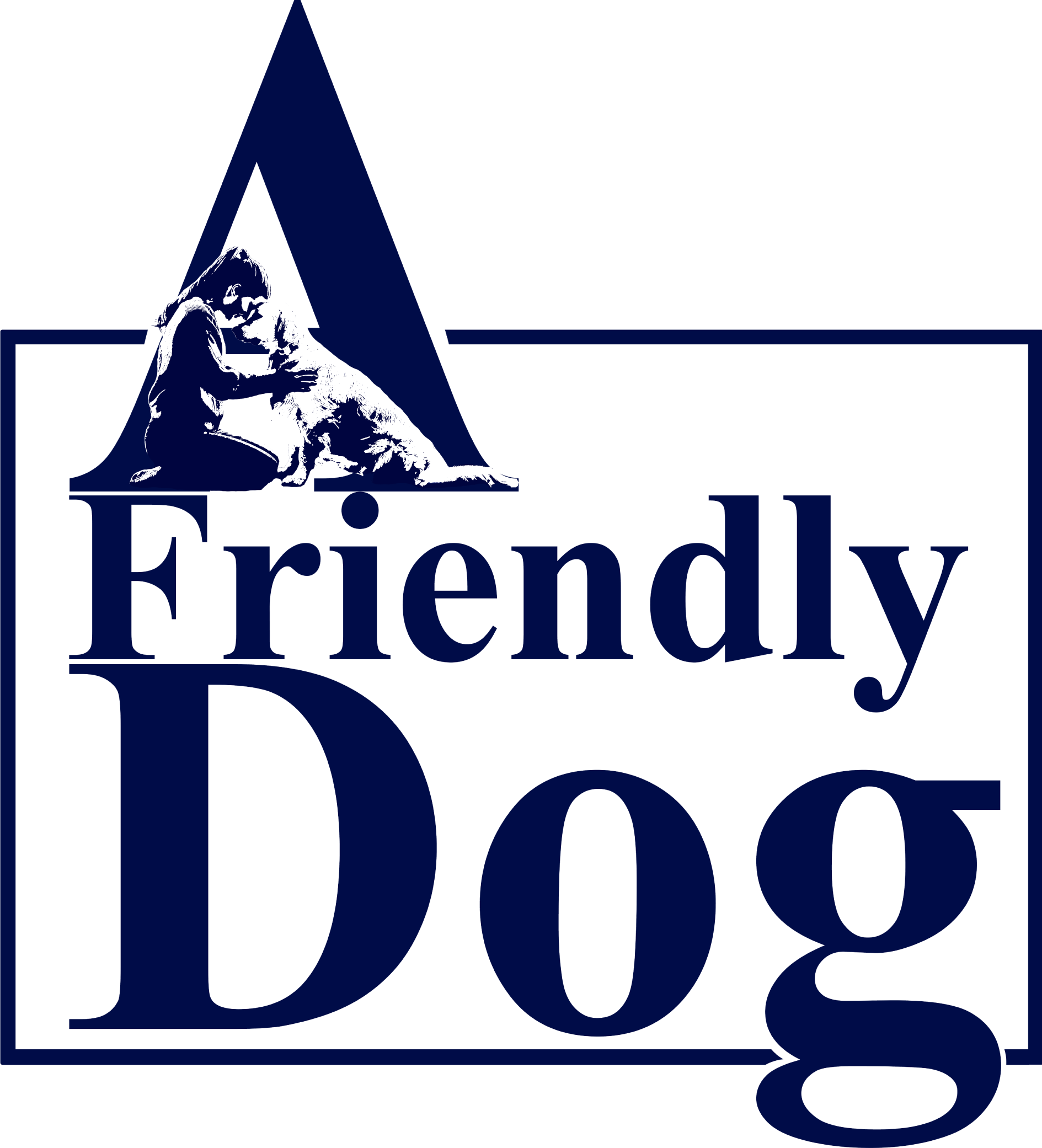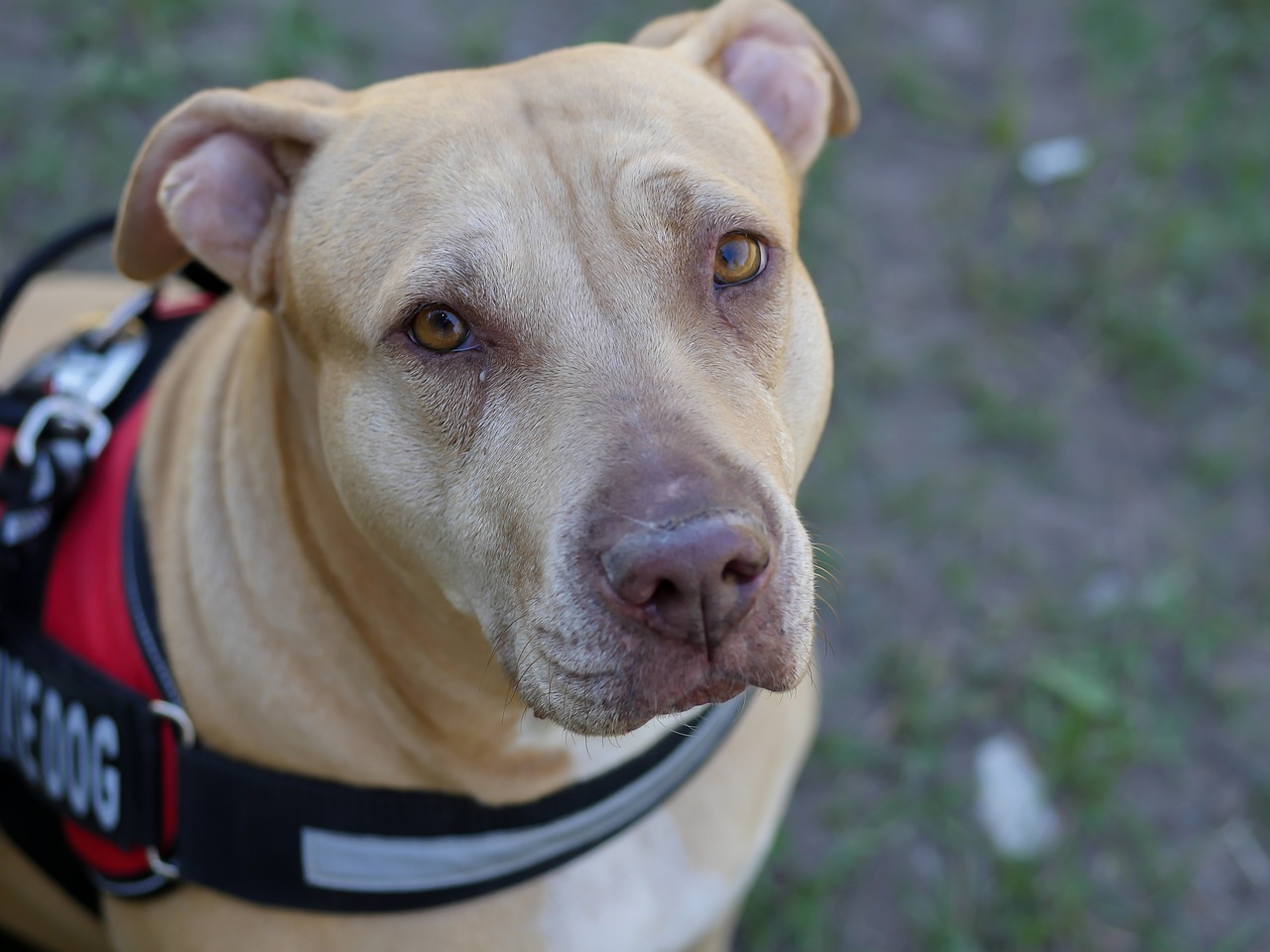Firstly, it is crucial to choose human-grade meat for your dog’s diet. Some pet meat and bone products may contain harmful preservatives that can negatively impact your dog’s health. Maintaining impeccable food hygiene is also essential. There is a high risk of both you and your dog contracting food-borne bacterial infections like campylobacter or salmonella. Therefore, it is important to handle and prepare the raw meat with utmost care. To ensure a balanced diet suitable for your dog’s stage of life or medical conditions, it is recommended to consult a veterinary nutritionist who can formulate the diet for you. Many raw diets available may not provide appropriate nutritional balance.
While a small amount of cooked meat, such as boiled chicken or lamb, can be included in your dog’s diet, it is crucial to avoid cooked bones or any toxic substances like onion sauces that may be present on the meat. Occasionally, you can treat your dog with tinned sardines, tinned tuna, or tinned salmon in spring water. However, always check for fish bones before feeding them to your dog.
To improve your dog’s bowel health, you can add cooked pumpkin or raw grated carrot to their meals. Many dogs lack sufficient fiber in their diet, and these additions can help alleviate this issue. It is important to ensure that your dog does not consume the whole bone, as this can lead to constipation.
In terms of dental health, feeding one to two bones a week is generally sufficient to remove plaque from your dog’s teeth. Remember to choose bones that are too large for your dog to fit in its mouth whole, and they should always be raw. Cooked bones can splinter, causing internal damage or intestinal obstruction, which can be fatal. Overall, while feeding a raw meat diet to dogs can be beneficial, it is crucial to consider these important factors for the overall health and well-being of your pet.

